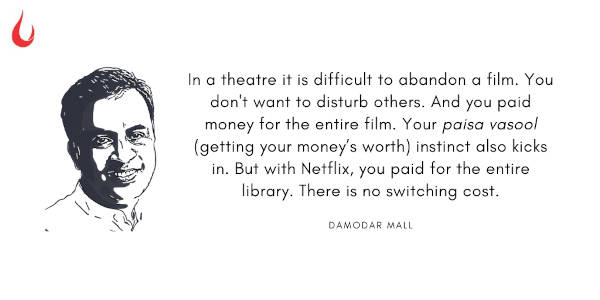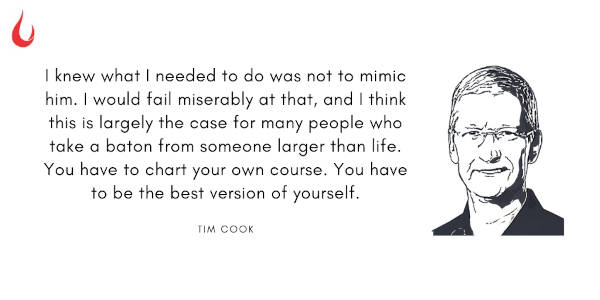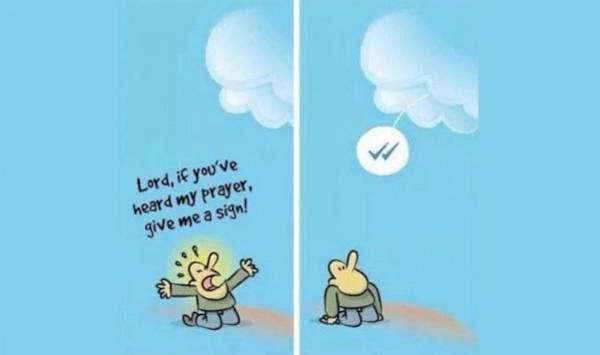[Photo by Jon Tyson on Unsplash. Cropped from original]
Good morning,
In the very delightful book Farsighted: How We Make the Decisions That Matter the Most, Steven Johnson describes how Charles Darwin went about tackling a dilemma in his head: “Should I get married?”
“He made a list of pros and cons, dividing two facing pages in his notebook into two columns, one arguing for marriage and one against. Under the heading ‘Not Marry’ he listed the following arguments:
Freedom to go where one liked
Choice of Society and little of it
Conversation of clever men at clubs
Not forced to visit relatives and bend in every trifle
Expense and anxiety of children
Perhaps quarrelling
Loss of Time
Cannot read in the evenings
Fatness and idleness
Anxiety and responsibility
Less money for books etc.
If many children forced to gain one’s bread (But then it is very bad for one’s health to work too much)
Perhaps my wife won’t like London; then the sentence is banishment and degradation into indolent, idle fool
Under the heading “Marry” he compiled this list:
Children (if it Please God)
Constant companion (and friend in old age) who will feel interested in one
Object to be beloved and played with. Better than a dog anyhow
Home, & someone to take care of house
Charms of music and female chit-chat These things good for one’s health—but terrible loss of time
My God, it is intolerable to think of spending one’s whole life, like a neuter bee, working, working, and nothing after all—No, no, won’t do
Imagine living all one’s day solitary in smoky dirty London House
Only picture to yourself a nice soft wife on a sofa with good fire and books and music perhaps
Compare this vision with the dingy reality of Great Marlboro Street, London
After much research, thinking through and going over the literature of other intellectual giants, Johnson points out, Darwin decided to marry among other things because “…presumably deciding that having children might in the long run matter more to him than the conversation of clever men in clubs.”
In this issue
- Why movies and shows will have to work harder
- The Tim Cook Way
- God, do you hear me?
Have a lovely Tuesday.
FF Exclusive: Why movies and shows will have to work harder
In the latest episode of Talkin' 'Bout My Generation, father-son duo Damodar and Harsh Mall discuss the future of entertainment—movies, streaming, gaming and more. Here’s a snippet from their conversation:

Harsh: If more people are not watching shows and movies through to the end, isn't that bad news for studios and filmmakers?
Damodar: I wouldn't call it bad news. Just a little shift. Because it’s not that people are not watching content or that they’re watching less content. It's just that they are flirting a lot more.
If I make a soap—and this time I'm talking about bathing soap—of course, I want every customer to always buy my soap. But in a supermarket, where the customer has so many options, my soap has to work harder to convince the customer on every trip. In the same manner, films will have to work harder to convince the audience to stick on.
Harsh: I think that’s why we see so many franchise firms now—Avengers, Harry Potter, Mission Impossible. The audience likes the predictability.
Dig Deeper
We have something new for the next episode. To know more, read on…
The Tim Cook Way
Everyone was bracing for Apple’s big fall after the death of Steve Jobs in 2011. Tim Cook, who succeeded Jobs, was nothing like him. He was not a ‘products guy’, not charismatic. He was a quintessential manager who was efficient at keeping the lights on. Yet, nine years under Cook’s leadership, Apple seems stronger than ever before. How did Cook manage to do this?
A fascinating profile of Cook in The Wall Street Journal offers this answer: By being himself.

He didn’t change his style:
- “Mr. Cook’s command of detail causes underlings to enter meetings with trepidation. He leads through interrogation, with a precision that has reshaped how Apple staff work and think.”
- “Middle managers today screen staff before meetings with Mr. Cook to make sure they’re knowledgeable. First-timers are advised not to speak.”
- “He likes to listen a lot. Time and patience are his favourite warriors.”
He followed a different strategy: Jobs launched one game-changing product after another. Cook didn’t.
- “Instead, he focused on a series of small steps that together are building a fortress around the iPhone: a smartwatch, AirPods and music, videos and other subscription services.”
Yet, in a more fundamental way, Tim Cook followed Jobs
- “From when he took over in 2011, Mr. Cook followed the advice of his predecessor: Don’t ask what I would do. Do what’s right.”
Dig Deeper
Note: The relationship between a mentor and a protege is a lot like the relationship between a parent and child. Children are hugely influenced by parents, and yet they create their own path. Discover how that played out in the lives of Santosh Desai, a hugely successful advertising and marketing professional and a sharp social commentator, and his daughter Pallavi, an entrepreneur, in the next episode of our weekly show Talkin' 'Bout My Generation.
God, do you hear me?

(Via WhatsApp)
What signs are you seeing—divine or otherwise? Let us know. Head to our Slack channel.
And if you missed previous editions of this newsletter, they’re all archived here.
Bookmark Founding Fuel’s special section on Thriving in Volatile Times. All our stories on how individuals and businesses are responding to the pandemic until now are posted there.
Warm regards,
Team Founding Fuel




